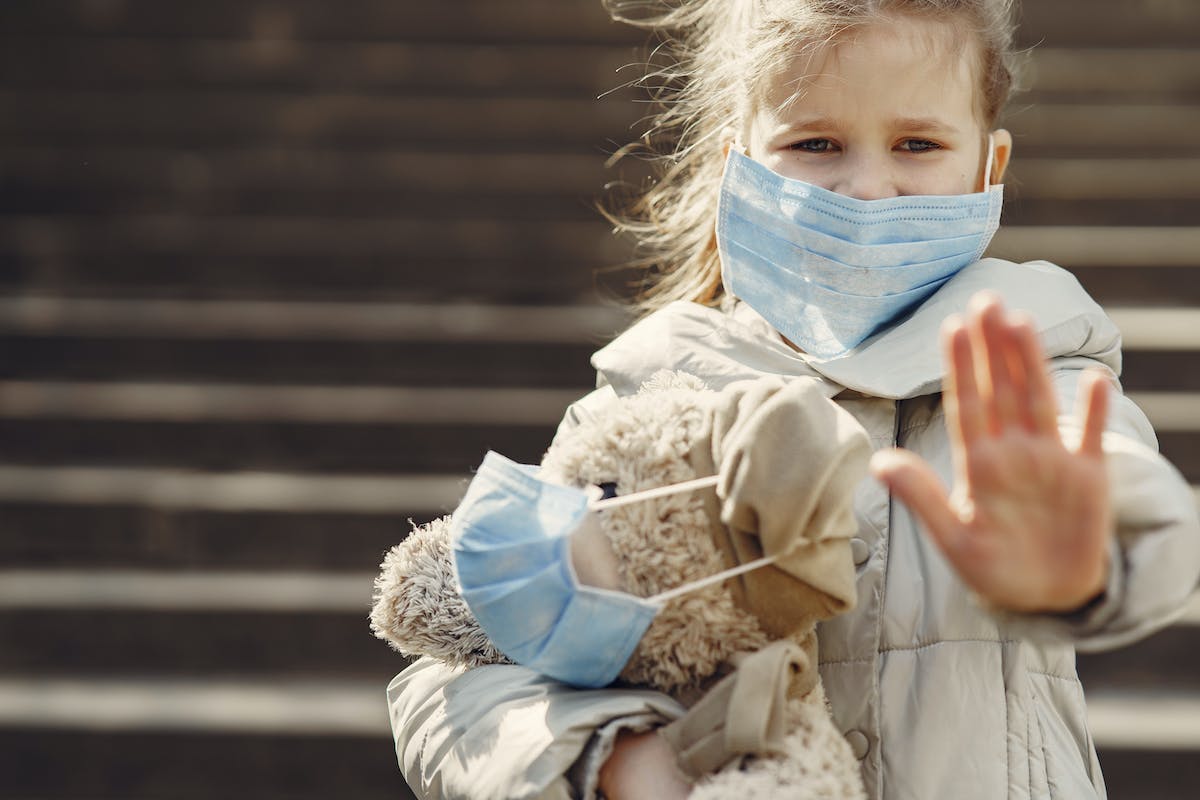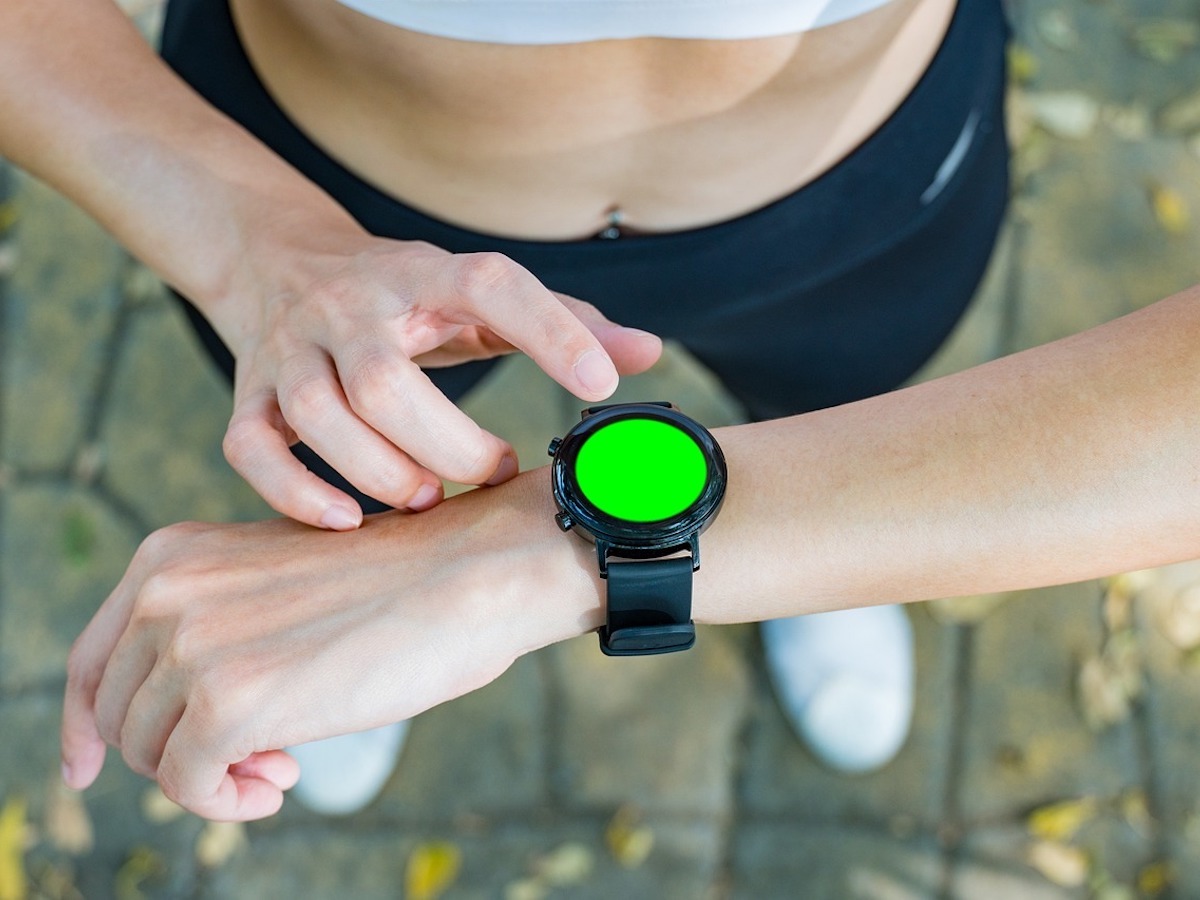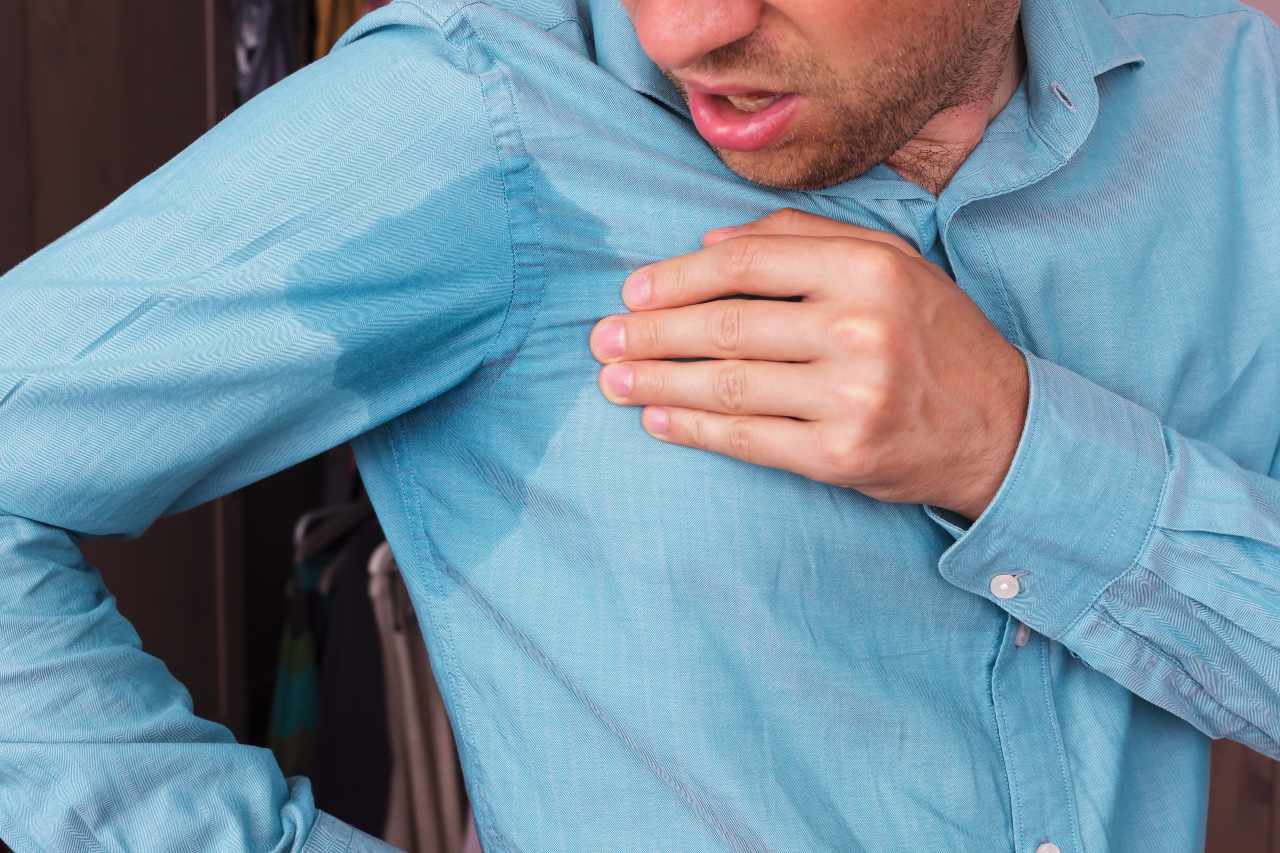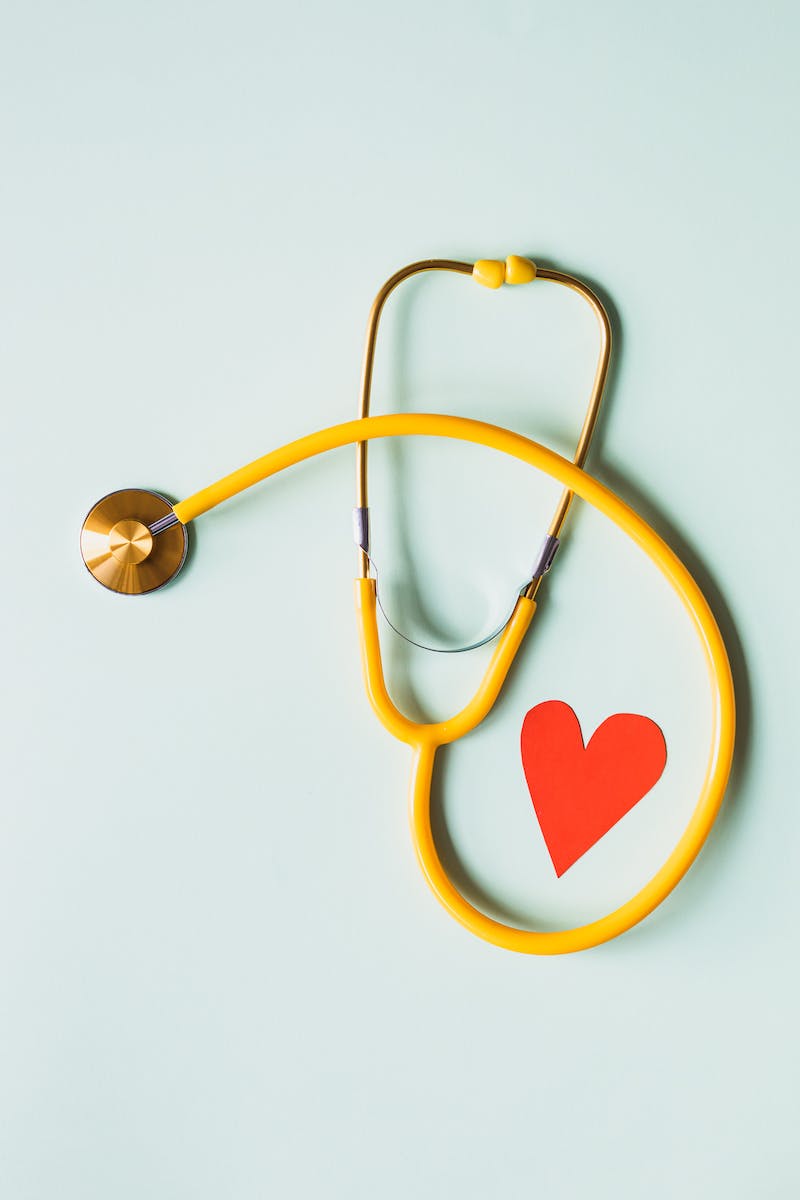Advertisement
Health
To prevent food poisoning while traveling, it is important to make sure that all food is cooked thoroughly, vegetables and fruits are washed before eating, and only drink bottled water

How to deal with food poisoning while traveling—and how to avoid it …
Understanding Food Poisoning
Food poisoning is an unfortunate situation that many travelers encounter. When exploring new cuisines, care should be taken to ensure food has been properly stored and cooked. Bacteria, viruses or parasites present in uncooked or inadequately cooked food are often the culprits of food poisoning.
Knowing more about food poisoning would help you understand the nature of this condition—how it occurs and how it affects your body. Further, the more informed you are, the better you’ll know how to handle unexpected situations like these that could potentially harm your health and ruin your travel plans.
When on a trip, a bout of food poisoning can feel like your worst nightmare. But armed with knowledge, prevention tips and prompt response measures, you can curtail the impact this may have on your travel experience.
Suppose you’re in a foreign country, sampling their exotic street food. You find yourself feeling nauseous and vomiting hours later. These could be symptoms of food poisoning.
- Maintain personal hygiene.
- Avoid eating undercooked and raw foods.
- Stay hydrated by sipping on clean water.
- Avoid consuming food prepared under unhygienic conditions.
- Opt for fully cooked and steaming hot foods when dining out.
- Be cautious of eating seafood, particularly shellfish, as they’re commonly associated with food poisoning.
The Signs and Symptoms of Food Poisoning
Food poisoning is not hard to identify once you know what to look out for. Symptoms may vary from mild to severe, and can occur a few hours after consuming contaminated food or even several days later. Understanding these symptoms can help you take the necessary steps at the earliest.
Common symptoms include nausea, vomiting, diarrhea, abdominal cramping and sometimes, fever. Although these symptoms are generally similar across the board, they could also vary depending on the specific pathogen that caused the poisoning. Therefore, paying attention to your body’s signals is crucial.
Taking quick action when you recognize symptoms can play a significant role in dealing with food poisoning effectively. Recognizing the symptoms promptly allows you to start on simple remedies and even seek medical help if necessary, thereby preventing further complications.
If one day into your hiking trip you begin to feel unusually tired, experience stomach cramps, start vomiting or have diarrhea, it is quite possible these are signs of food poisoning as they are the most common symptoms.
- Rest adequately.
- Sip water or clear broths to remain hydrated.
- Avoid alcohol, caffeine, and dairy products which might irritate your digestive system.
- Eat bland, easy to digest foods like toast, rice or bananas.
- If symptoms persist for more than three days or get worse, seek medical attention immediately.
- Be aware that some types of food poisoning may cause severe signs such as blood in stool or severe dehydration that requires immediate medical intervention.
Taking Preventive Measures
Prevention is always better than cure. Understanding how to prevent food poisoning during travel could spare you much discomfort and inconvenience. A big part of prevention involves making smart food and drink choices.
When traveling, take care to consume food from trusted sources. Paying attention not only to what you consume but also where and how it is prepared, can go a long way in preventing food contamination. Well cooked, freshly prepared, and piping hot foods are usually safer bets.
Beverage choices are just as important when trying to prevent food poisoning. Drink bottled water, avoid ice unless you’re sure it’s made from clean water and be wary of fresh juices that may have been diluted with contaminated water.
Let’s say you are backpacking across Central America. While tempted to try the street food, remind yourself to make wise choices. Opt for foods cooked right in front of you and go where the locals eat as they often know the safest places.
- Prioritise cleanliness and hygiene when deciding where to eat.
- Avoid buffets where food could sit out for extended periods.
- Eat at busy restaurants or stalls where the turnover of food will be fast.
- Stick to bottled or sealed beverages and be cautious when consuming fruits and vegetables that haven’t been peeled.
- If unsure about potable water supply, opt for drinks that have been boiled like coffee or tea.
- Carry hand sanitizer to cleanse your hands before eating, especially when soap and water aren’t available.
Carrying The Right Medications
Having access to necessary medications can aid considerably in controlling symptoms if you encounter food poisoning. Carry a well-stocked travel health kit with necessary medications for common ailments, including diarrhea and upset stomach.
Over-the-counter antidiarrheal medication can be useful for dealing with diarrhea caused by food poisoning. Additionally, carrying rehydration salts or solutions can come handy should you get dehydrated due to severe vomiting or diarrhea.
It’s paramount to note that while over-the-counter medications might offer symptomatic relief, not all types of food poisoning respond to self-medication. If symptoms persist/worsen, you need to seek medical help immediately.
Suppose on your hike through the Alps you feel those telltale signs. First things first, hydrate and take rest. Your travel health kit should have some antidiarrheal medication that can provide temporary relief.
- Antidiarrheal medications like loperamide or bismuth subsalicylate could be useful.
- Rehydration salts to combat dehydration due to severe vomiting/diarrhea.
- Certain dedicated food poisoning antibiotics are available but should only be taken under medical supervision.
- Pack light snacks that can help in recovery from upset stomach such as crackers or dry toast.
- Acid reducers or anti-nausea medicines could also be part of your health kit.
- A digital thermometer to monitor fever, if any, associated with food poisoning.
| Understanding Food Poisoning | Being aware of causes and effects of food poisoning can allow preventative measures to be taken, such as avoiding undercooked foods, maintaining good hygiene, opting for hot meals, drinking clean water, and being cautious when consuming seafood. |
|---|---|
| The Signs and Symptoms | Recognizing the symptoms early—nausea, vomiting, diarrhea, abdominal cramping, fever—can help to take prompt action like resting, staying hydrated, eating bland foods, and seeking medical help if symptoms persist or become severe. |
| Preventive Measures | Eating at places with good hygiene standards, avoiding buffets, choosing bottled beverages, consuming fruits only after peeling, sticking with drinks made by boiling water, and using sanitizers can aid in preventing food poisoning. |
| Carrying The Right Medications | Packing a health kit with antidiarrheal medicines, rehydration salts, antibiotics for food poisoning (under medical supervision), light snacks, acid reducers, anti-nausea medicines, and a digital thermometer can provide immediate relief and help manage symptoms effectively. |












